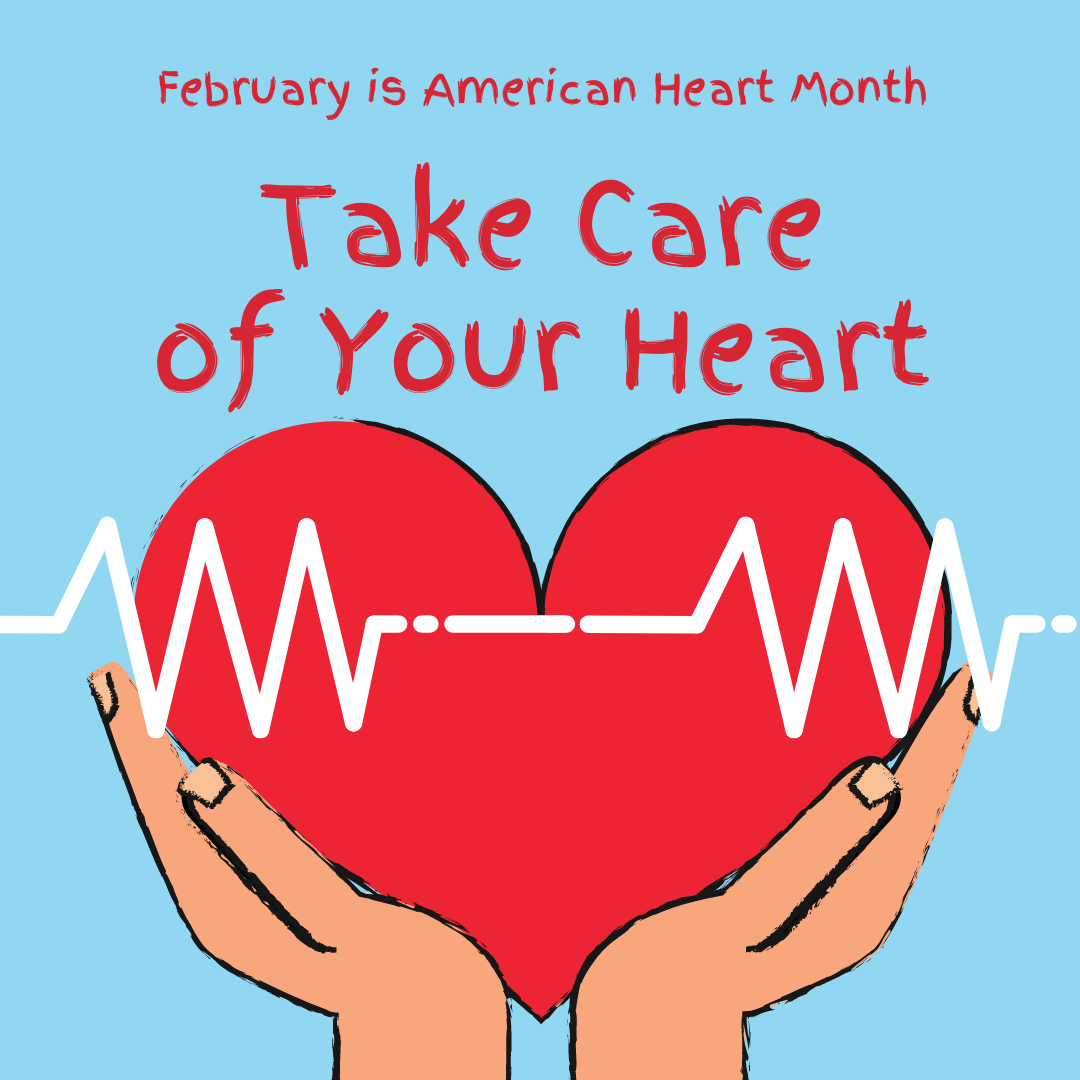Heart Health Month - Women and Heart Disease
Heart Disease in Women
The Second in a Series of Articles on Heart Health
provided by Karen Radtke, a local holistic nurse practitioner. She is also a Board Certified Health Coach, with over 18 years experience in various healthcare settings, including primary care and chronic disease management.
Although heart disease is more often thought of as a health condition affecting men, women are equally affected and in slightly different ways. One in four women dies from heart disease, but according to the American Heart Association, 80% of cardiac events can be prevented.
Women tend to develop heart disease later in their lives than men do, probably due to the protective effect of estrogen. The risk factors for women and men are slightly different: women are more likely to develop heart disease if they have diabetes and/or are overweight; and men are much more likely to have heart disease if they smoke.
The signs and symptoms of heart disease also vary from men to women. Men often times have a fatal or near fatal heart attack as their first symptom of heart disease, whereas women tend to have much milder symptoms, which may include neck, jaw or arm pain, or generalized fatigue. Research has also shown that women are more prone to Broken Heart Syndrome, a condition of extreme emotional stress which leads to severe but often short term heart muscle failure.
Heart disease is a preventable condition, and following a whole food, plant strong diet is one of the best strategies to prevent heart issues.
Take time to consult with your primary care physician, and learn your risk for heart disease. You may also contact Karen directly for a consultation.
In addition to being a holistic Nurse Practitioner, Karen Radtke, is also a Board Certified Health Coach, with over 18 years experience in various healthcare settings, including primary care and chronic disease management. You can email her at kradtke7505@gmail.com.
DISCLAIMER: All information provided, particularly any information relating to specific medical conditions, health care, preventive care, and healthy lifestyles, is presented for general informational purposes only. It should not be considered complete or exhaustive and does not cover all disorders or conditions or their treatment.
The information provided is not intended as a substitute for the advice provided by your own physician or health care provider, and may not necessarily take your individual health situation into account.


